Maria Monk’s Awful Disclosures Reconsidered:
From “Me Too” to “Fake News” in the Rise, Fall, and Resurrection of an Anti-Catholic Genre, 1845-1960
Daniel A. Cohen, Department of History, Case Western Reserve University
September 25, 2019 (UCHI Conference Room: Babbidge Library, 4th Floor)
Contrary to the conventional view of Awful Disclosures (1836) as a great triumph of antebellum U.S. nativist propaganda, Maria Monk’s bogus account of sexual abuse, torture, infanticide, and murder in a Canadian convent was actually a disaster for the anti-Catholic cause. Despite its sensationalism, Monk’s exposé struggled to match the extraordinary sales of Rebecca Reed’s earlier Six Months in a Convent (1835); and, after being utterly debunked in 1836–37 as “fake news” by that era’s “mainstream media” (reputable secular and religious newspapers), it was not reprinted again in the U.S. until 1855. More broadly, the public exposure of Maria Monk as an outright fraud largely discredited the entire convent exposé genre, dragging down Reed’s far more credible narrative with it. Only during the century after 1860, did Maria Monk (who had died in disgrace in 1849) complete her posthumous comeback. By the early 1900s, huge numbers of anti-convent narratives, including Awful Disclosures, were being churned out by specialized nativist and anti-Catholic presses based in such cultural backwaters as Aurora, Missouri, and Milan, Illinois, which catered to the tastes of rural Protestant traditionalists and other bigoted, prurient, or unsophisticated readers. These widely dispersed nativist publishers—at least one of whom also peddled stereopticons, slide shows, and even motion picture projectors—constituted a massive communications empire apart from the “mainstream media,” arguably foreshadowing the rise of right-wing talk radio, Fox News, and white nationalist websites in our own time.
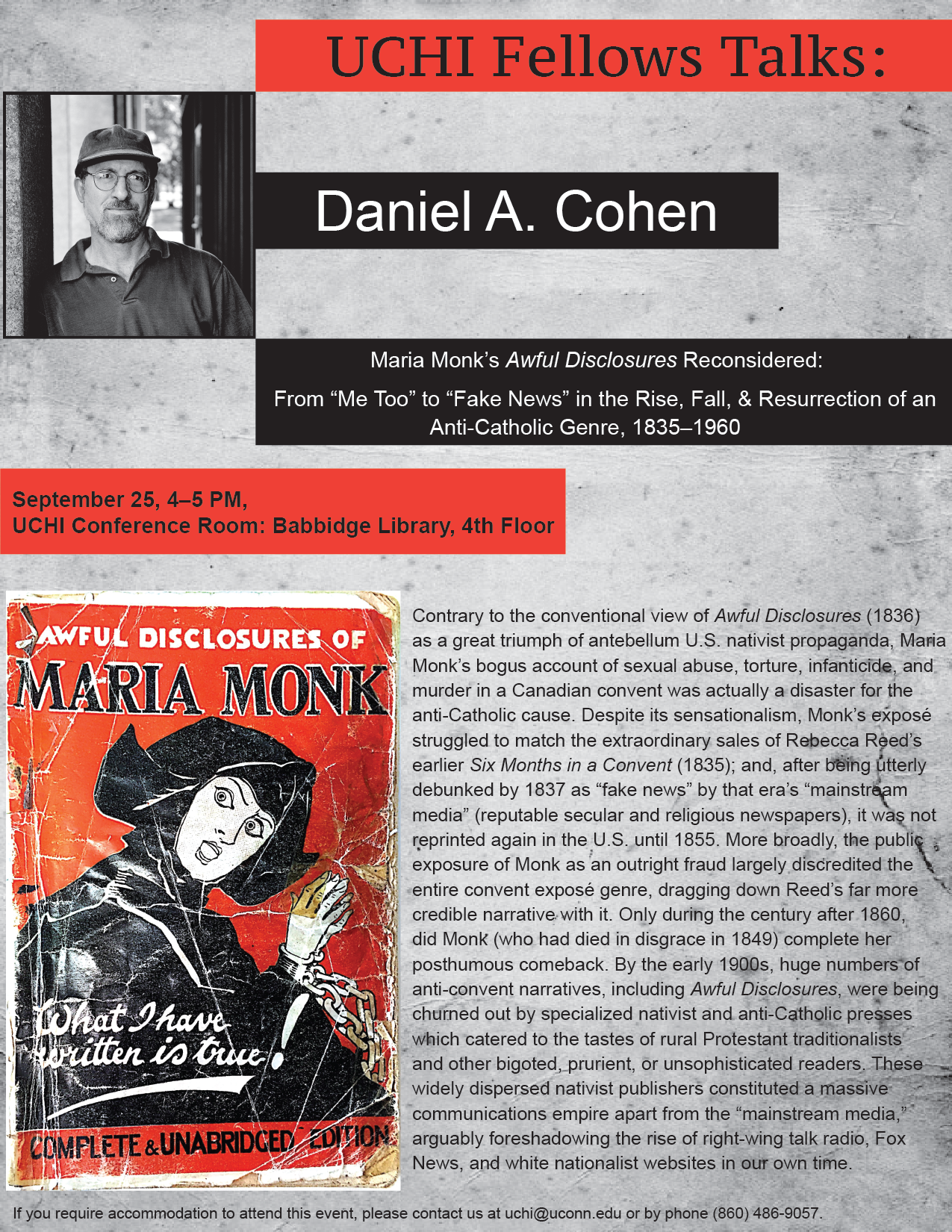
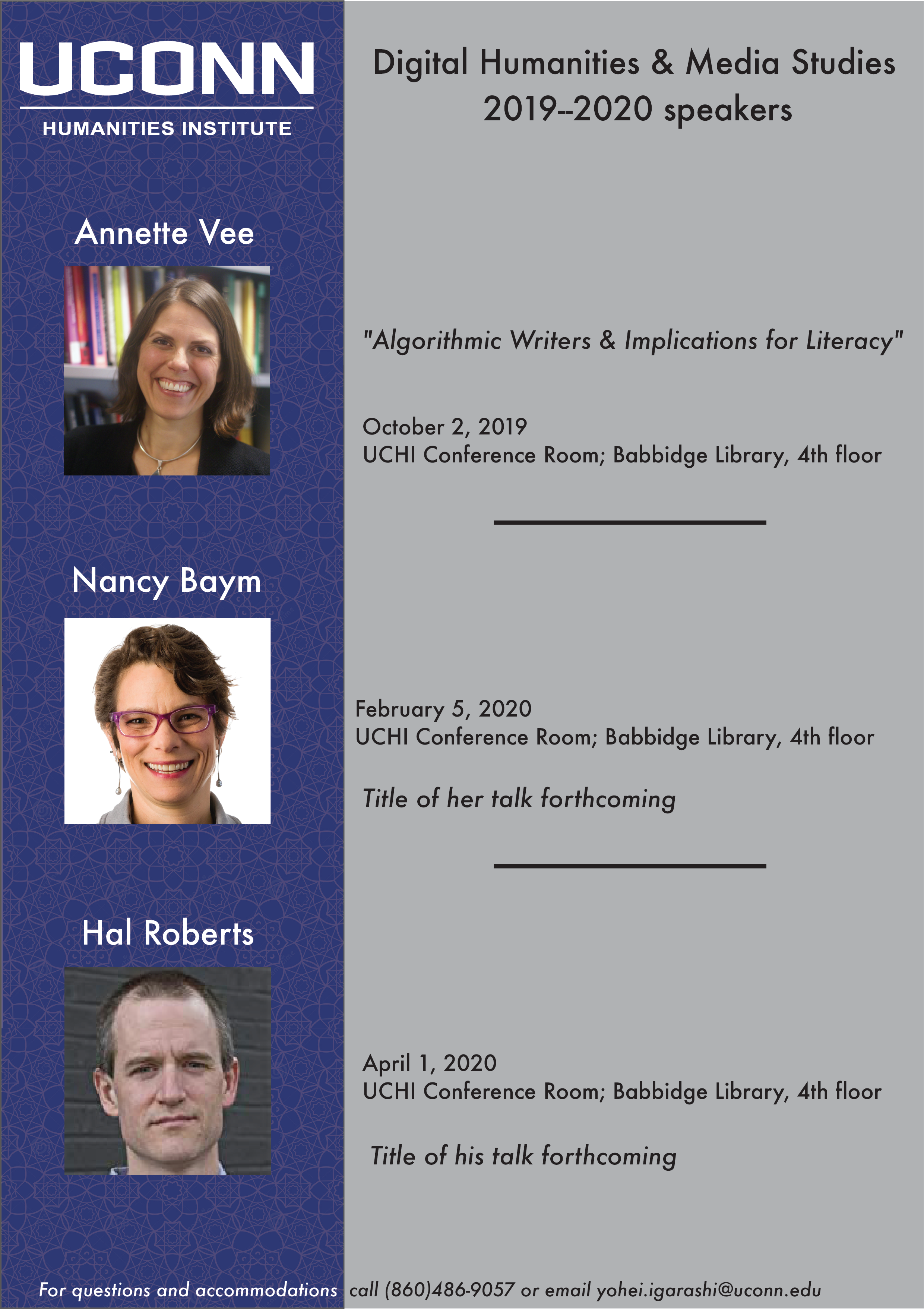
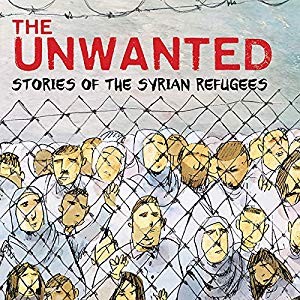 Graphic novels have for some time become an important medium for expressing trouble and human suffering in the world. Growing up in the Netherlands I became familiar with graphic novels early on. We called them ‘strips’ or ‘stripverhalen’ (‘verhalen’ means ‘stories’.) In the US, people for long called them ‘comics.’ I like reading (watching?) strips as a kid. There was a rich supply, none about superheros though. That started as an American genre in the 1930s. The strips that I read are largely unknown in the US, except for Tintin (‘Kuifje’), Asterix, and the Smurfs perhaps. For long, all these graphic narratives were thought of as stuff for kids, and perhaps not even ‘healthy’ stuff; a poor substitute for reading ‘real’ books and setting young people up for violence. (That sounds familiar doesn’t it…videogames…). Strips and comics are still a flourishing medium, but then appeared a more ‘serious’ genre, notoriously exemplified by Art Spiegelman’s Maus and works by Will Eisner, both American writers who drew and wrote stories that are clearly not aimed at children, which somewhere lead to the term ‘graphic novel.’ Recently, I read
Graphic novels have for some time become an important medium for expressing trouble and human suffering in the world. Growing up in the Netherlands I became familiar with graphic novels early on. We called them ‘strips’ or ‘stripverhalen’ (‘verhalen’ means ‘stories’.) In the US, people for long called them ‘comics.’ I like reading (watching?) strips as a kid. There was a rich supply, none about superheros though. That started as an American genre in the 1930s. The strips that I read are largely unknown in the US, except for Tintin (‘Kuifje’), Asterix, and the Smurfs perhaps. For long, all these graphic narratives were thought of as stuff for kids, and perhaps not even ‘healthy’ stuff; a poor substitute for reading ‘real’ books and setting young people up for violence. (That sounds familiar doesn’t it…videogames…). Strips and comics are still a flourishing medium, but then appeared a more ‘serious’ genre, notoriously exemplified by Art Spiegelman’s Maus and works by Will Eisner, both American writers who drew and wrote stories that are clearly not aimed at children, which somewhere lead to the term ‘graphic novel.’ Recently, I read 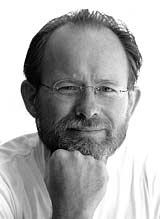 Who is Harry van der Hulst?
Who is Harry van der Hulst? 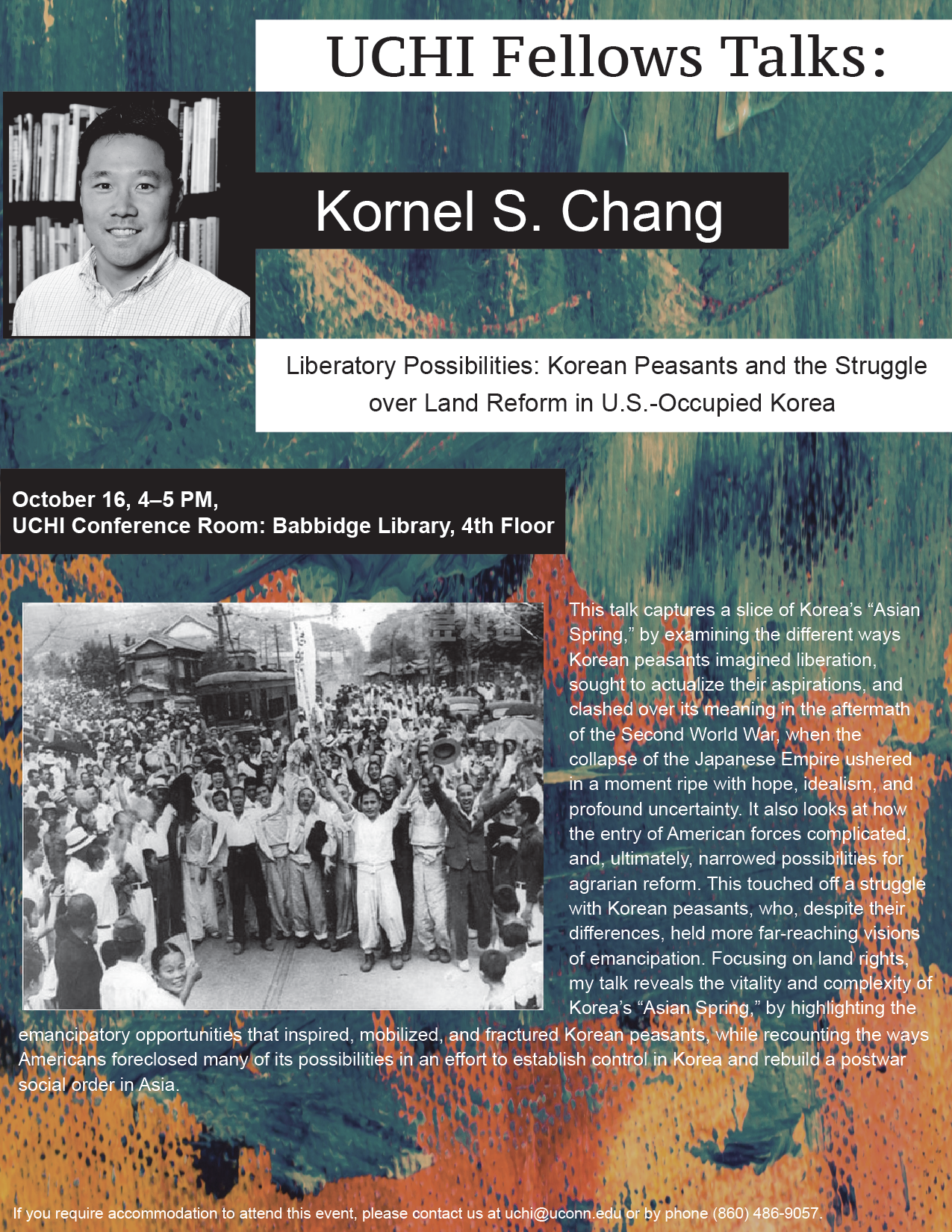
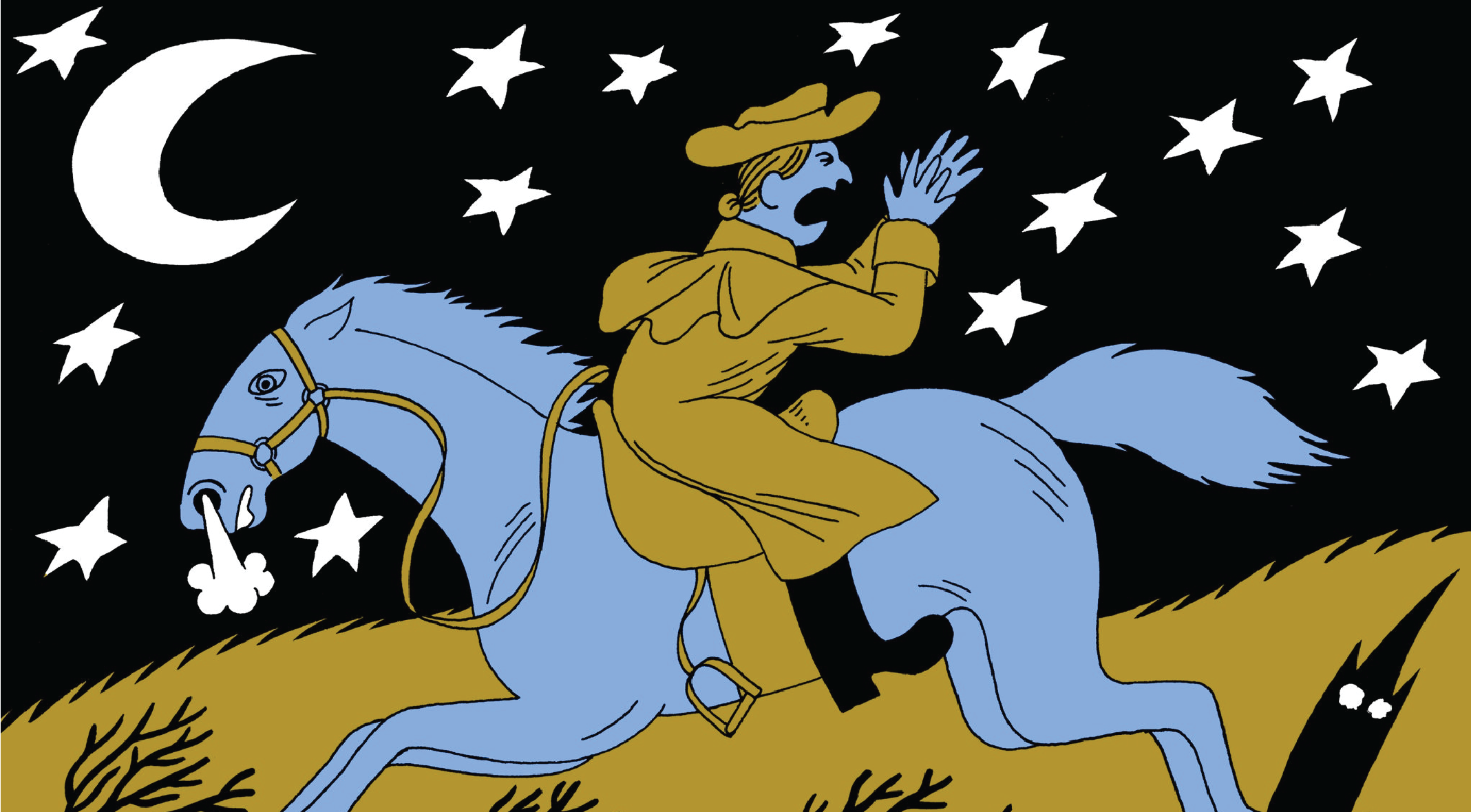
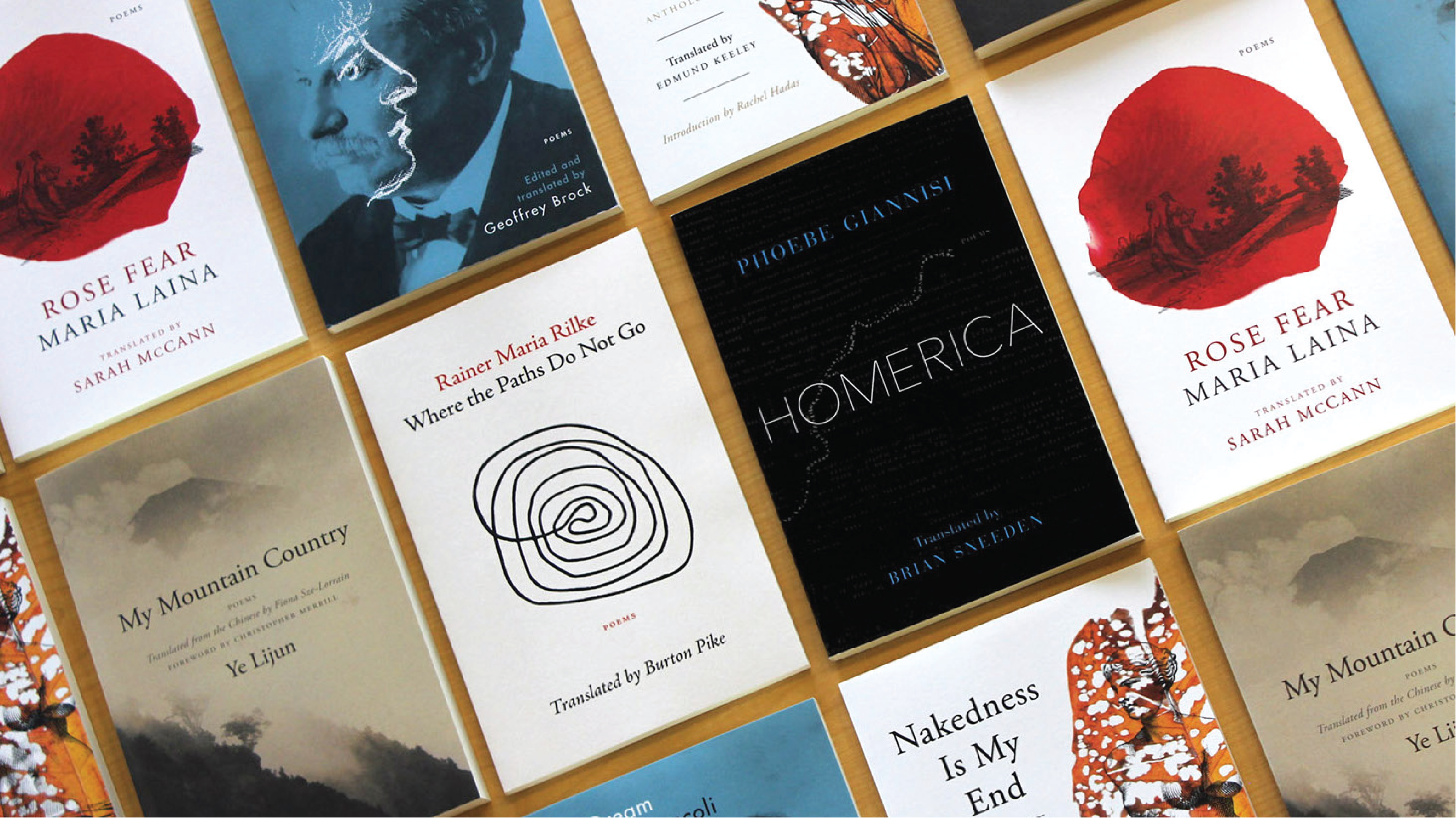
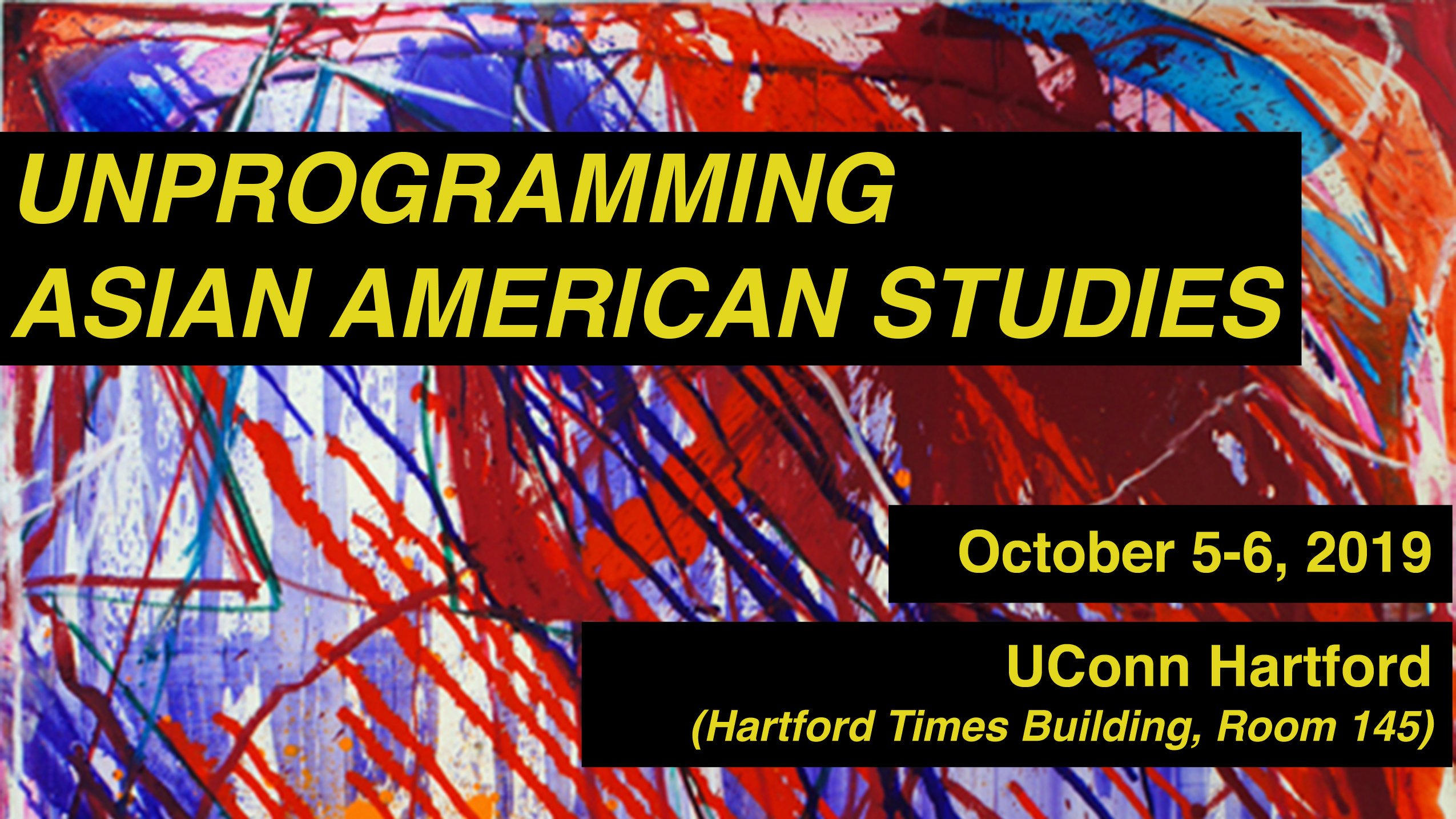
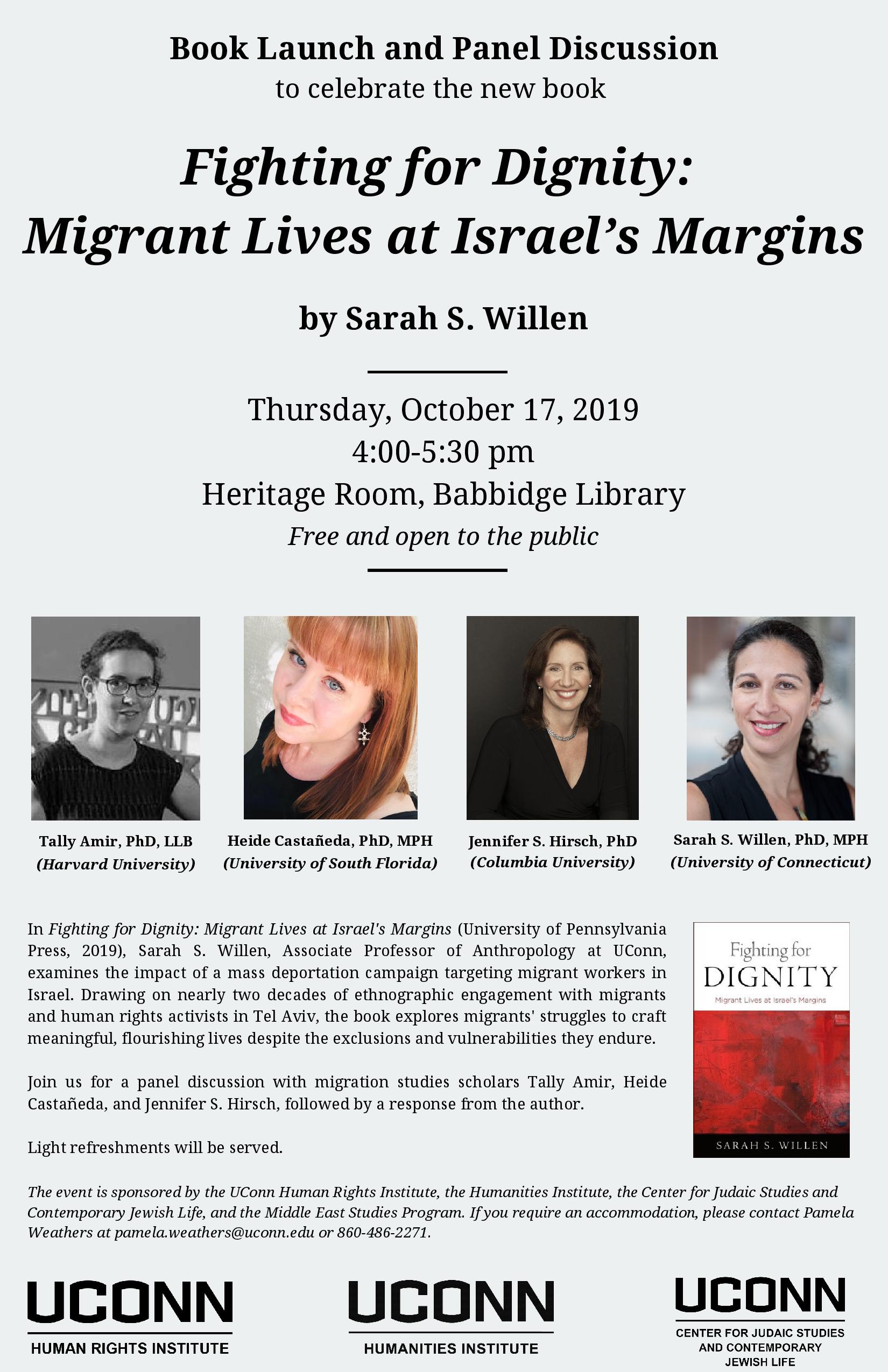
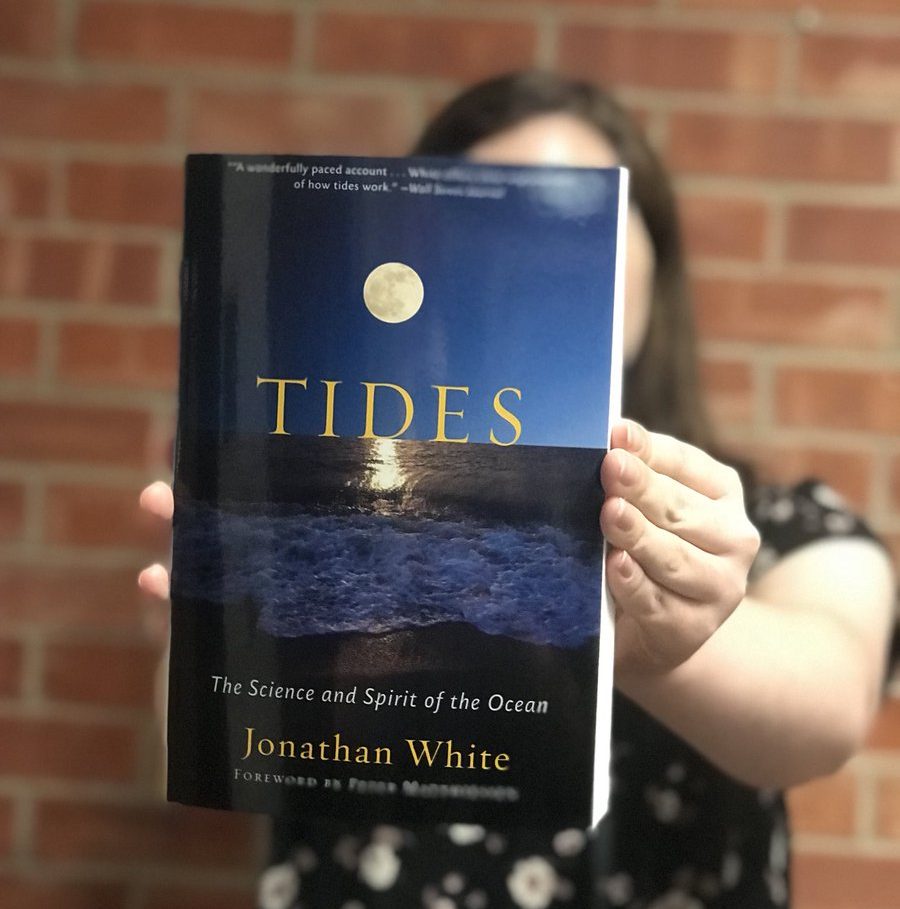 Whether it’s beach season, the fiftieth anniversary of the first moon landing, or our daily proximity in Connecticut to vast bodies of water in only partly predictable motion, there are plenty of reasons right now why you should read
Whether it’s beach season, the fiftieth anniversary of the first moon landing, or our daily proximity in Connecticut to vast bodies of water in only partly predictable motion, there are plenty of reasons right now why you should read 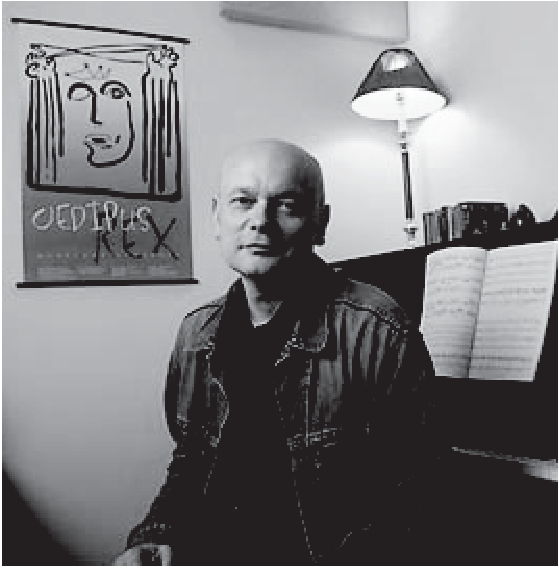 Who is Alain Frogley? Alain Frogley is a native of Great Britain and holds degrees from Oxford University and the University of California at Berkeley. He has taught at Oxford and Lancaster universities and in 1994 was appointed to the faculty of the University of Connecticut. He is a specialist in the music of the late-19th and 20th centuries, particularly that of Britain and America, but he has also worked on the cultural contexts of musical nationalism. His most recent work includes research into the reception of British music in Nazi Germany and racial Anglo-Saxonism in music. In 2005–2006 he was a fellow of the
Who is Alain Frogley? Alain Frogley is a native of Great Britain and holds degrees from Oxford University and the University of California at Berkeley. He has taught at Oxford and Lancaster universities and in 1994 was appointed to the faculty of the University of Connecticut. He is a specialist in the music of the late-19th and 20th centuries, particularly that of Britain and America, but he has also worked on the cultural contexts of musical nationalism. His most recent work includes research into the reception of British music in Nazi Germany and racial Anglo-Saxonism in music. In 2005–2006 he was a fellow of the 

